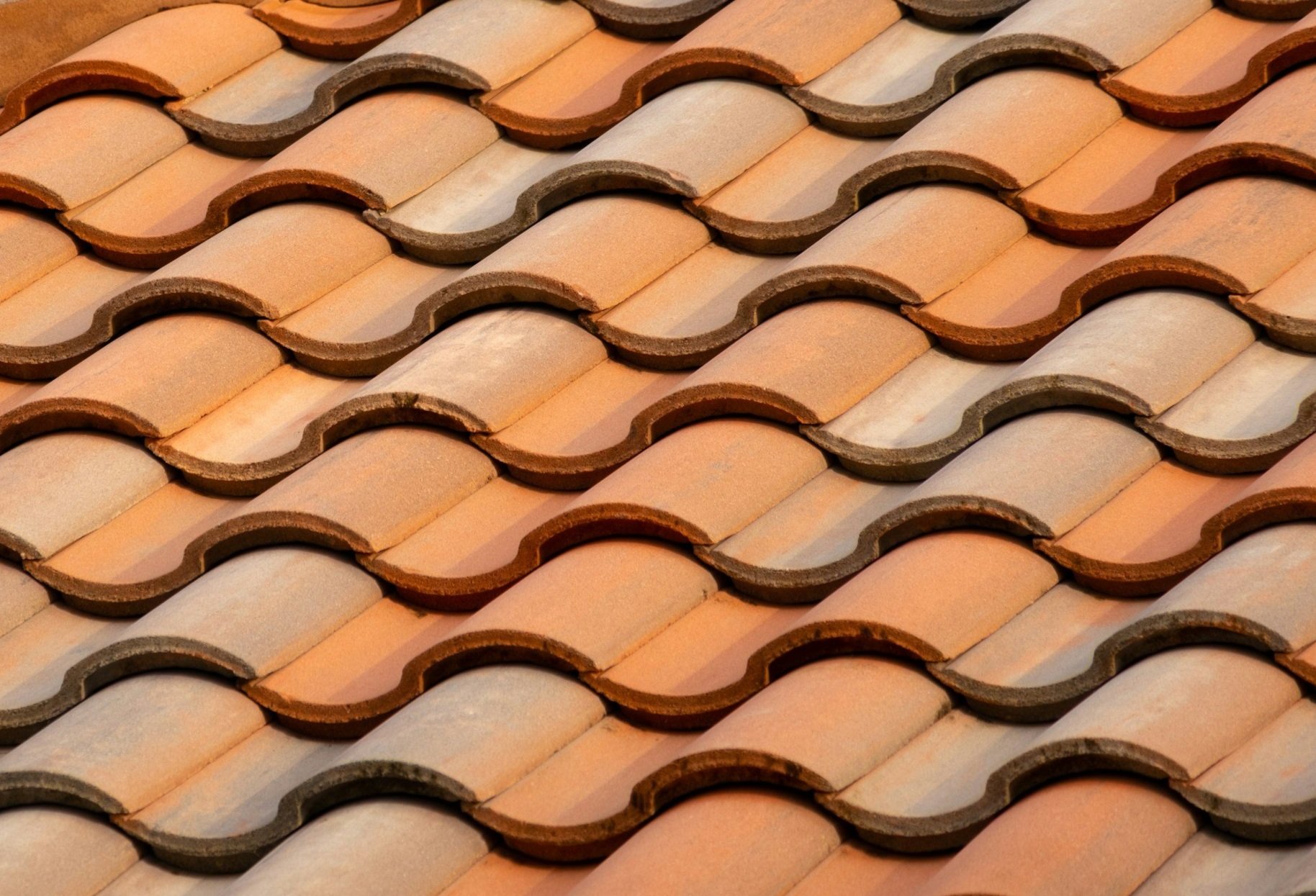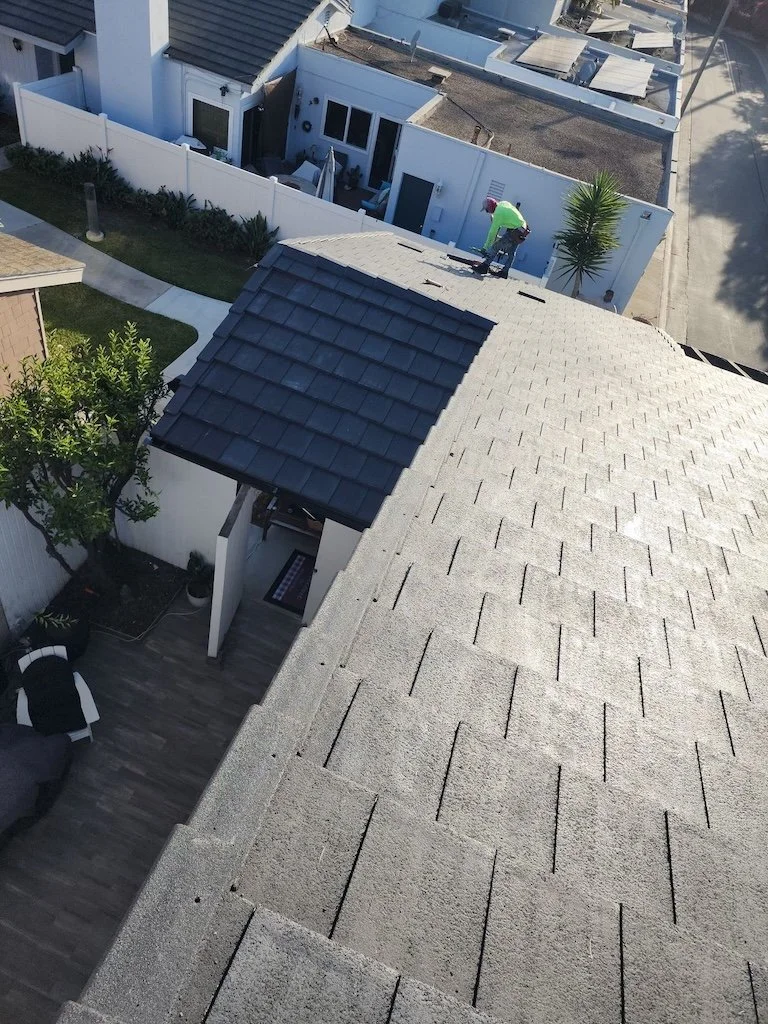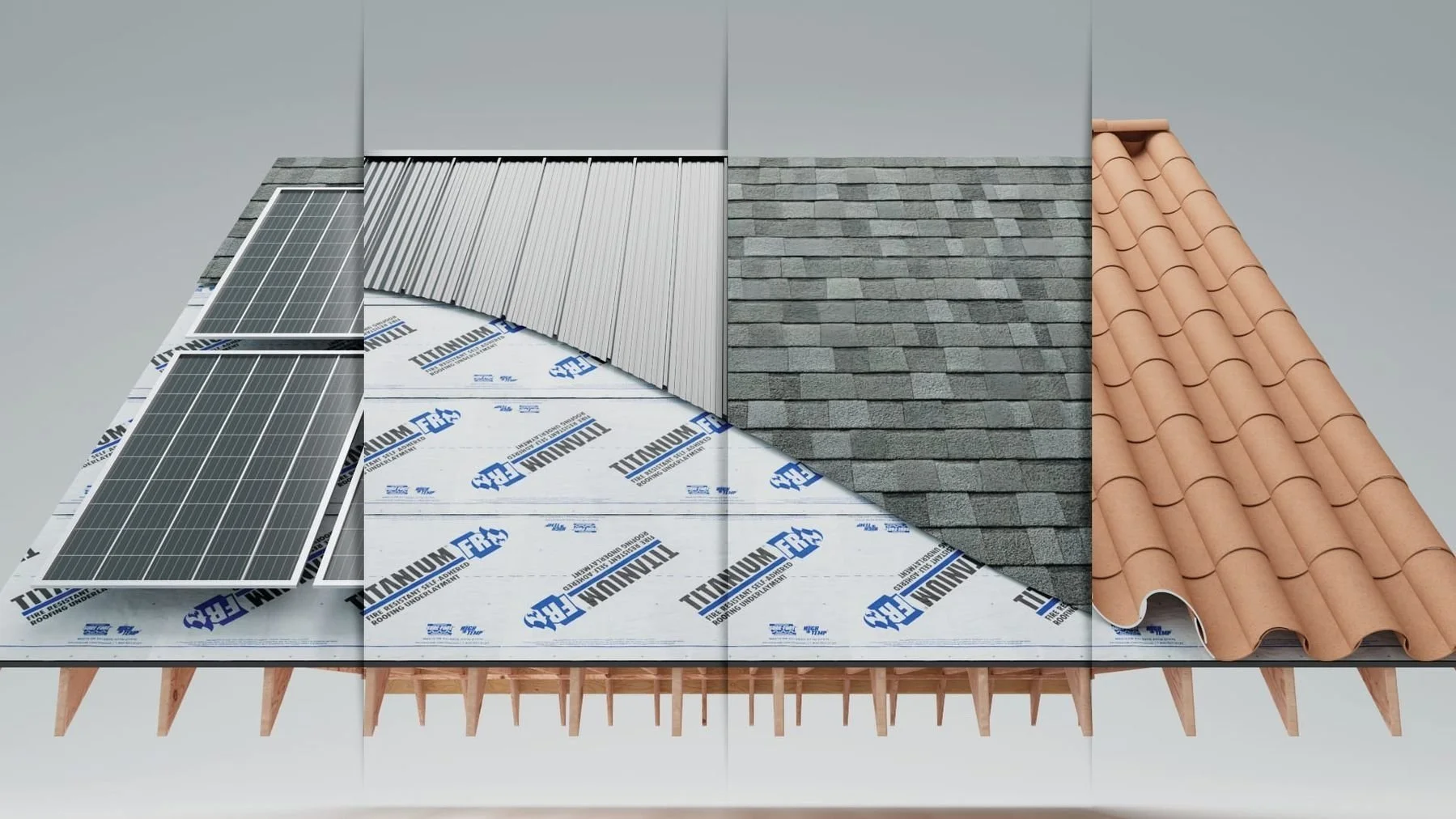
Traditional Concrete Tile
Roofing Systems
Whether you need a new tile installation, or want to reuse your current tile, GreenCal is here for you
New Tile Roof Installation
Would you like to update your existing tiles? Upgrade from asphalt shingles? Brand-new tiles will provide your home with an updated, chic look. Eagle, a high-performing brand, has been making top-of-the-line roofing tiles for decades, with a lifetime warranty on all new installs. With multiple styles and colors, you can’t go wrong using Eagle Tile Products. They even have a tile showcase in Irvine that you can visit by appointment only.
Tile Lift & Relay
If your tile roof leaks in several places or is approaching the 20-year mark, chances are you need a tile reset. This is where we remove all the tile shingles from your roof, clean tiles if needed, apply a new waterproof underlayment system, and then reinstall those original tiles.
Waterproofing & Underlayments
Roof underlayments, also known as roofing felt or roofing paper, are essential components of a roofing system. They serve as a protective barrier between the roof's structural elements and the final roofing material, such as shingles or tiles. Here at GreenCal, we do not use felt or paper, we use peel-and-stick self-adhering synthetic materials that will last twice as long. We even have a Class A fire-rated underlayment called Titanium FR. See video below!


